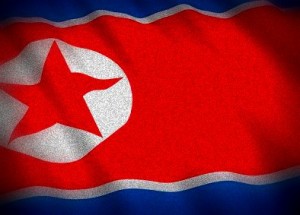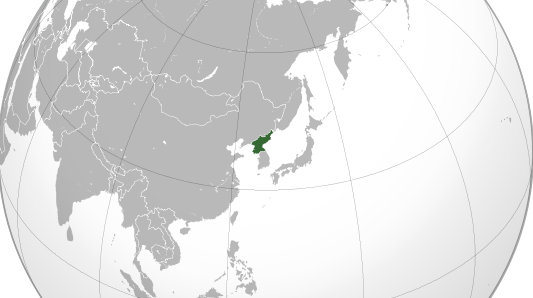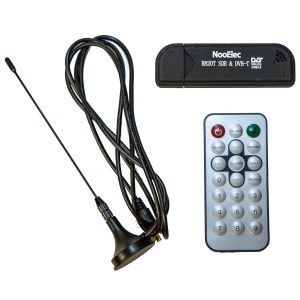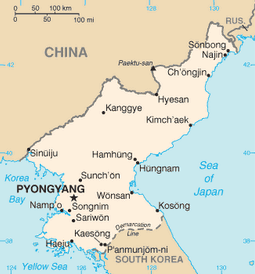 Numbers stations get some spotlight in the wake of Jang Song Thaek’s removal from power:
Numbers stations get some spotlight in the wake of Jang Song Thaek’s removal from power:
(Source: Reuters)
Dec 9 (Reuters) – As a scratchy rendition of Beethoven’s Piano Sonata No 8 fades into a sea of shortwave radio static, a robotic female voice starts speaking in Korean.
“Number 1913, number 1913, incoming message,” the voice says, before reading out seemingly random sets of numbers.
“68360, 75336, 80861, 94409, 03815,” it continues in an eerily authoritative tone.
The broadcast, a method of sending one-way secret messages to spies, dates back to the French Resistance in World War Two and is still in use on the Korean peninsula, where human intelligence remains the most important way of gathering information.
Blanket electronic surveillance and satellite imagery offer only limited penetration in isolated North Korea, where the use of mobile phones and the Internet is far below global standards. But reliance on antiquated methods and human sources has meant that the National Intelligence Service (NIS), South Korea’s spy agency, has a patchy record on finding out what is going on in nuclear-armed and unpredictable North Korea, with which it is still technically at war.
The agency may have scored a coup last week, however, by informing the world that Jang Song Thaek, the powerful uncle of North Korean leader Kim Jong Un, had been removed from his positions.
[…]The radio messages have been used by the South for decades, say sources with knowledge of how the country’s secret agents operate.
“It’s classic – the safest way to deliver messages, it leaves no trace,” said former agent Yeom.
The messages work by sending strings of seemingly random numbers over shortwave radio signals to an agent in the field, armed only with a radio, pen and an easily concealed pad with corresponding letters on it that can be used to decrypt the messages.
“The first time I heard the South Korean numbers station now known as V24 was probably in the early 1980s,” said a radio hobbyist who only identifies himself by his call sign, ‘Token’.
Long-time listeners like Token say V24’s unique power signature and signal strength place its origin somewhere south of the Demilitarized Zone that separates North and South Korea.
An official at the NIS who deals with media requests said he could not confirm anything related to the operation of South Korean numbers stations.
But hobbyists say the secret station is being used less frequently.
“In July 2013, I received 62 messages, most of them in the first half of the month,” said Token, who monitors the signals from his location in the Mojave Desert in the United States. “However, in the first ten days of November, I only received three.
“I have never seen traffic anywhere near this low. This station could be winding down operations,” he added.[…]
Read the full article at Reuters by clicking here.
Also, on the topic of of Jang Song Thaek, check out this video from Radio Free Asia:
If you would like to hear audio from numbers stations, check out some of these posts and recordings.
 Many thanks to SWLing Post reader, Richard Cuff, for sharing this news from The Telegraph:
Many thanks to SWLing Post reader, Richard Cuff, for sharing this news from The Telegraph:“The BBC is planning a new North Korea service to give the totalitarian state’s 25 million people an alternative to Kim Jong-un’s propaganda.



